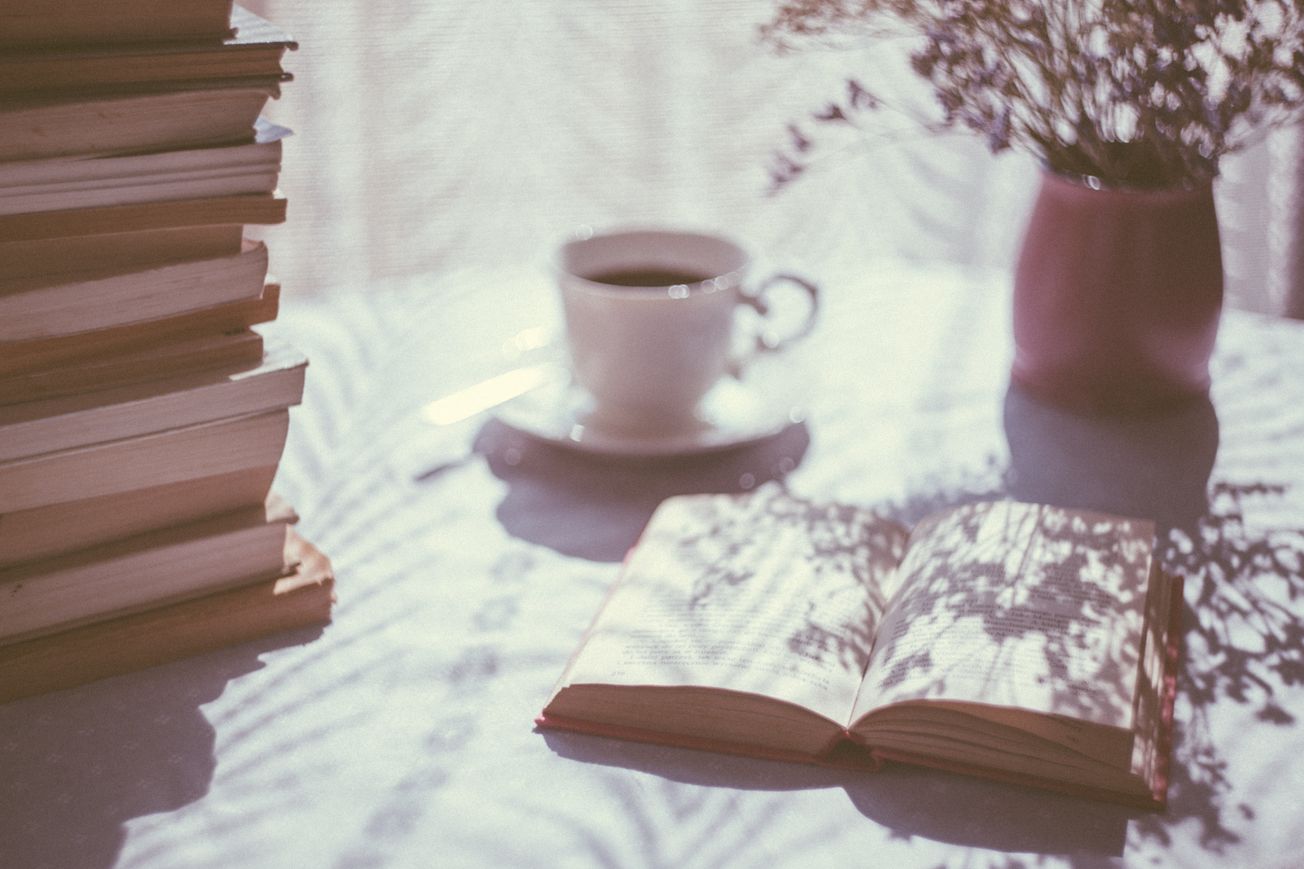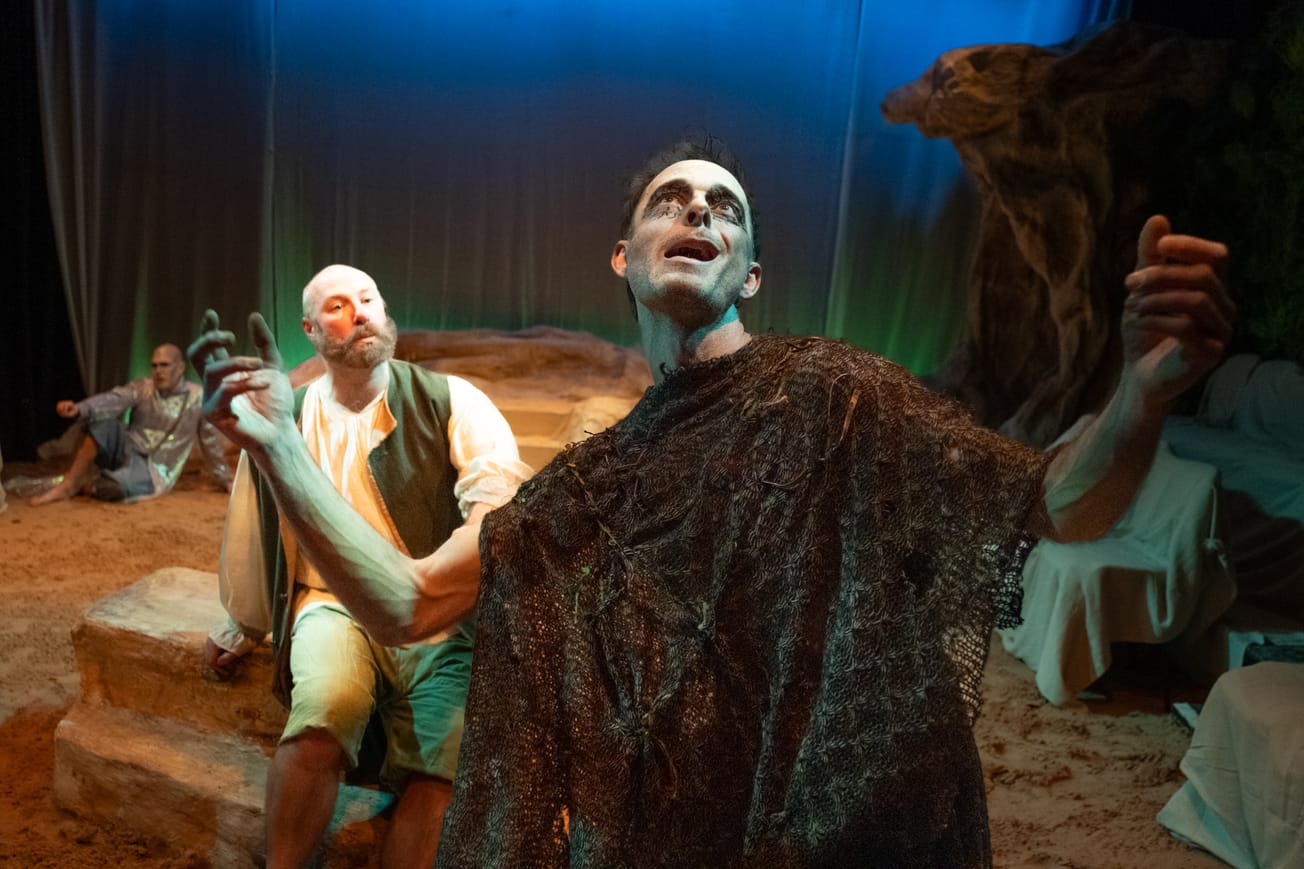By Charlotte Kyle, Second Year Politics and Spanish
Content warning - references to suicide, mental illness, and death
This women’s history month, I encourage you to make the active decision to honour the world of women’s writing. I have picked five texts written in the last 200 years to share with Epigram readers, sadly all penned by women who died between the ages of seventeen and thirty, and decided to offer you my favourite passages from these texts in order to honour the talents of their writers.
The most significant thing we can do for these misfortuned women is to continue to treasure and showcase their talent, allowing their legacy to never truly be erased and inspiring the new generation of young female writers.
Marina Keegan, 1989 - 2012

Marina Keegan was president of the Yale College Democrats and had a job lined up at The New Yorker. She is most known for her essay “The Opposite of Loneliness” which went viral as a result of her tragic death at 22 years old in a car crash, just 5 days after her graduation from Yale.
She writes about the feeling of community that we find at university, something many of us can probably relate to.
“We don’t have a word for the opposite of loneliness, but if we did, I could say that’s what I want in life. It’s not quite love and it’s not quite community; it’s just this feeling that there are people, an abundance of people, who are in this together… Yale is full of tiny circles we pull around ourselves. A capella groups, sports teams, houses, societies, clubs. These tiny groups that make us feel loved and safe and part of something even on our loneliest nights.”
Another favourite of my quotes from her book is from a short story which ponders themes of impermanence.
“The thing is, someday the sun is going to die and everything on Earth will freeze. This will happen. Even if we end global warming and clean up our radiation. The complete works of William Shakespeare, Monet’s lilies, all of Hemingway, all of Milton, all of Keats, our music libraries, our library libraries, our galleries, our poetry, our letters, our names etched in desks. Everything will be destroyed no matter how hard we work to create it. The idea terrifies me. I want tiny permanents. I want gigantic permanents! I want what I think and who I am captured in an anthology of indulgence I can comfortingly tuck into a shelf in some labyrinthine library.”
This quote reflects exactly why I wanted to immortalise the beautiful words of these young women.
Anne Brontë, 1820 - 1849

Anne can fairly be called the forgotten Brontë sister, after the world fame destined for Jane Eyre and Wuthering Heights, penned by her sisters Charlotte and Emily, respectively. Her second novel, The Tenant of Wildfell Hall is in fact considered one of the first feminist novels, but interestingly, after her death, her sister Charlotte prevented the publication of this same novel, which imaginably contributed to Anne’s erasure over history, and raises questions about conflicting ideas around feminism between the sisters.
In The Tenant of Wildfell Hall, Anne writes with charming logic, producing some beautiful advice such as,
“keep a guard over your eyes and ears as the inlets of your heart, and over your lips as the outlet, lest they betray you in a moment of unwariness… If you should marry the handsomest, and most accomplished and superficially agreeable man in the world, you little know the misery that would overwhelm you if, after all, you should find him to be a worthless reprobate, or even an impracticable fool.”
A timeless nugget of feminist wisdom.
She wrote with a sombre yet evocative tone;
“how many of my thoughts and feelings are gloomily cloistered within my own mind; how much of my higher and better self is doomed either to harden and sour in the sunless shade of solitude, or to quite degenerate and fall away for lack of nutriment in this unwholesome soil!”
Clearly the complexities of our brains and thoughts were as powerful to women in the 1800s as they are now.
Sylvia Plath, 1932 -1963

An article about female writers whom we lost at a young age would be incomplete without a mention of Plath. Despite controversy about her personal opinions, she ultimately made an immeasurable contribution to poetry and literature, in particular the ‘confessional poetry’ genre.
Her famous fig tree analogy is relatable for so many of us in its depiction of the difficulty of life decisions and forming our own path, which was imaginably even more difficult for a woman in the late 50s, who was starting to taste a newfound freedom but was ultimately still a pawn in a male-dominated world.
“I saw my life branching out before me like the green fig tree in the story. From the tip of every branch, like a fat purple fig, a wonderful future beckoned and winked. One fig was a husband and a happy home and children, and another fig was a famous poet and another fig was a brilliant professor, and another fig was Ee Gee, the amazing editor, and another fig was Europe and Africa and South America... I saw myself sitting in the crotch of this fig tree, starving to death, just because I couldn't make up my mind which of the figs I would choose. I wanted each and every one of them, but choosing one meant losing all the rest, and, as I sat there, unable to decide, the figs began to wrinkle and go black, and, one by one, they plopped to the ground at my feet.”.
Julia C Collins, 1842 - 1865

Although very little is known about her, Julia C Collins is thought to be the first African-American woman to write and publish a novel. She was a school teacher in Pennsylvania and published her novel The Curse of Caste; or The Slave Bride in the Christian Recorder newspaper through ongoing instalments. Tragically, she never finished this novel due to her untimely death from tuberculosis at age 23.
One thing that really touched me upon reading her novel was its depiction of the beauty of Black women, which had presumably never been seen before from a black female perspective in mainstream literature.
“Lina was as beautiful as the fancied image of a poet’s dream: a form of medium size, with dark flashing eyes and a profusion of curling black hair, which defied all efforts on her part to keep in bands or braids, but would, naturally, fall in graceful ringlets about her neck and shoulders. One singular feature in Lina’s beauty was her dark, rich-looking complexion”
She also touches upon death in the novel in a charming way;
“Lina was laid to rest on the bleak hill-side, where soon the pure, white snow would lie heavy on the lonely grave, and fierce northern winds would moan through the tall pines; but, when the Spring comes, fragrant roses and wild wood flowers would bloom until the chill Autumn blasts would rob them of their fleeting beauty.”
An incredibly emotive depiction of the cycles of life.
Leelah Alcorn, 1997 - 2014
Leelah Alcorn was a transgender girl from Ohio, USA whose suicide note created a huge ripple in the LGBTQ+ community and the world as a whole, after going viral on Tumblr. She attributed her turmoil to the cruelty of her devoutly Christian parents, who simply sent her to conversion therapy when she plucked up the courage to request access to transition treatments. Her death led to huge movements, even directly causing the criminalisation of conversion therapy in Cincinnati.
I will let Leelah’s words speak for themselves.
"When I was 14, I learned what transgender meant and cried of happiness. After 10 years of confusion I finally understood who I was. I immediately told my mom, and she reacted extremely negatively, telling me that it was a phase, that I would never truly be a girl, that God doesn’t make mistakes, that I am wrong. If you are reading this, parents, please don’t tell this to your kids…”
"The only way I will rest in peace is if one day transgender people aren’t treated the way I was, they’re treated like humans, with valid feelings and human rights. Gender needs to be taught about in schools, the earlier the better. My death needs to mean something. My death needs to be counted in the number of transgender people who commit suicide this year. I want someone to look at that number and say 'that’s fucked up' and fix it. Fix society. Please."
Leelah’s words are a message to all of us to continue being more accepting, more loving, and more understanding.
Despite the bleakness of the topics explored here, I hope we can end on a message of hope - the tragic endings of these women are a sign to all of us to hold tightly to our independence and our loved ones and the simple fact of being alive, and to continue writing and creating in order to shape the world around us into the kind of place that we would rather it be.
Featured Image: Courtesy of Unsplash
What is your favourite quote from a female writer?









